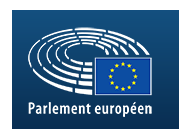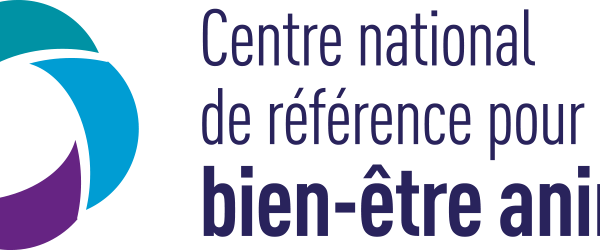Document type : written answer from the European Commission
Authors: question: Annika Bruna (ID), Virginie Joron (ID), Aurelia Beigneux (ID). Answer: Mrs Kyriakides on behalf of the European Commission
Question: Livestock exported from the European Union to third countries, mainly in the Maghreb and the Middle East, is subject to a particularly cruel form of slaughter.
Non-governmental organisations (NGOs) have proven that there is widespread abuse of live animals when they are exported to such countries. This includes cases of cattle being suspended by their legs or eye sockets while they are still conscious, being left to trample on the carcasses of other animals, being repeatedly knifed or having their throats slit, being left bleeding, or being left outside in the sun with no access to water.
These practices are contrary to the standards established by the World Organisation for Animal Health (OIE) and would not be tolerated if they occurred in the European Union, as they represent a clear violation of the rules in place.
In order to end this cruel form of slaughter:
- Does the Commission agree with the demands of NGOs and civil society to suspend exports of live animals to third countries which do not comply with EU rules on slaughter?
- Does the Commission intend to promote the export of cut carcasses within the EU as a solution to replace the export of live animals and create jobs in our abattoirs?
Answer: in French (original): The Commission cannot impose a general ban on export of live animals to non-EU countries, which do not comply with EU rules on slaughter .
The Commission has pointed out on several occasions to Member States authorities the need to be particularly careful when authorising exports of live animals, due to the welfare concerns raised in the past years. Member States have responded by adopting different measures in that sense, including the suspension of the exports in certain periods considered at risk for the welfare of the animals.
- The Commission has not promoted the replacement of exports of live animals with cut carcasses, as the proper implementation of the EU legislation would allow the respect of the welfare conditions for the transported animals. However, in the framework of the EU Farm to Fork Strategy(1), the Commission has started a process to evaluate the EU animal welfare legislation, including on the important issue of animal transport. This evaluation will form the basis for a Commission’s proposal of a revised animal welfare legislation that is aligned with the latest scientific evidence, has a broader scope and is easier to enforce than today.




